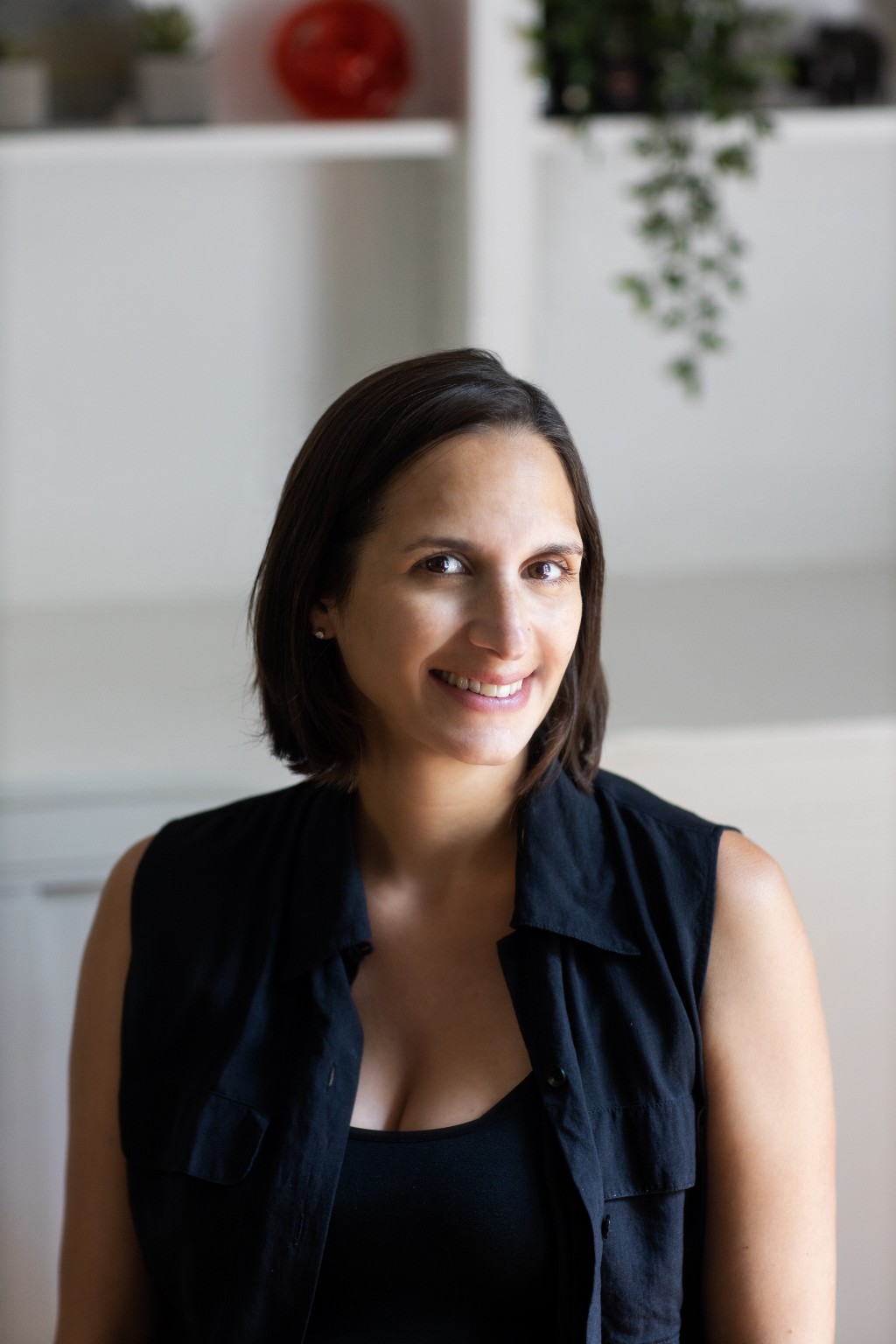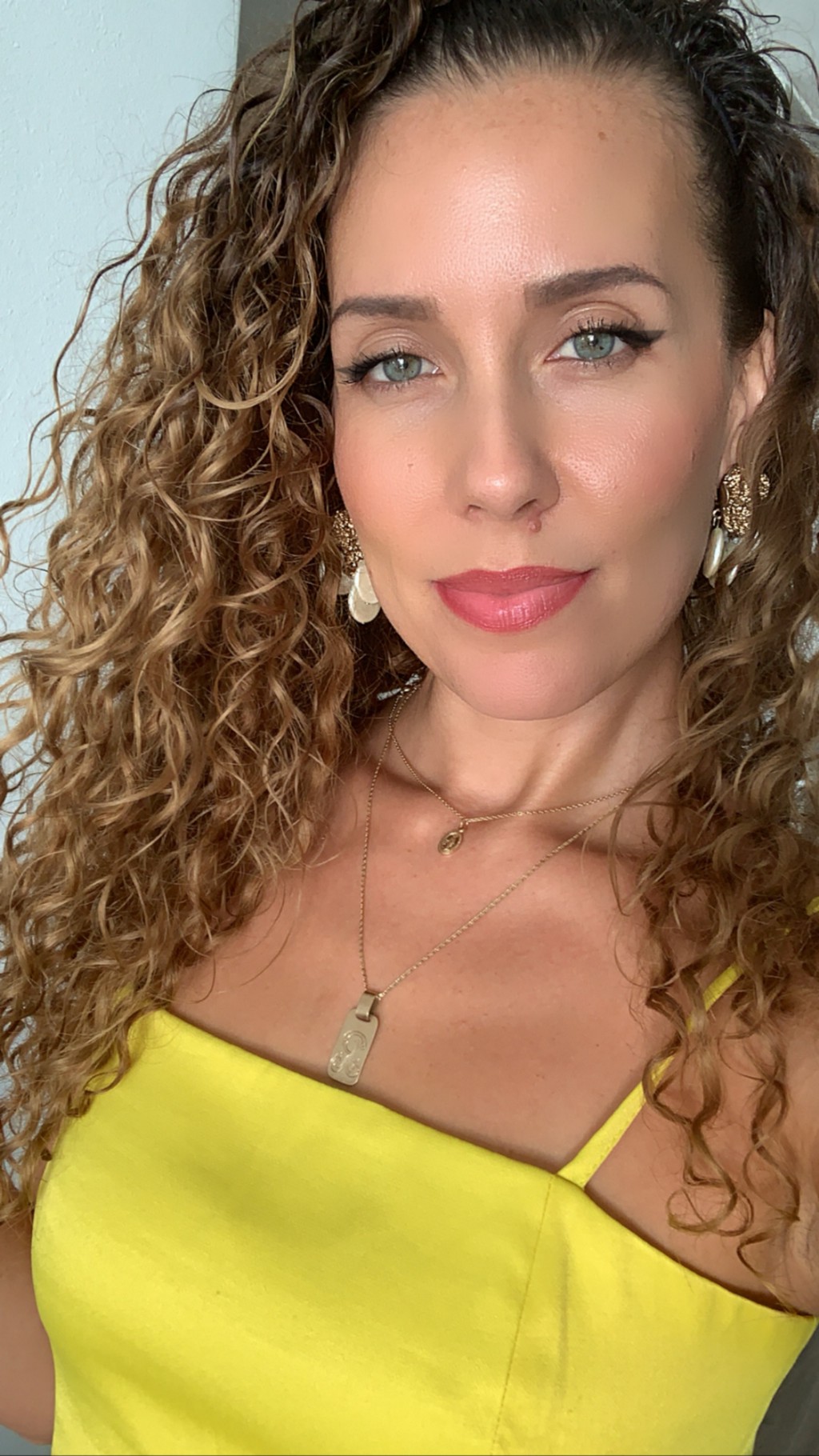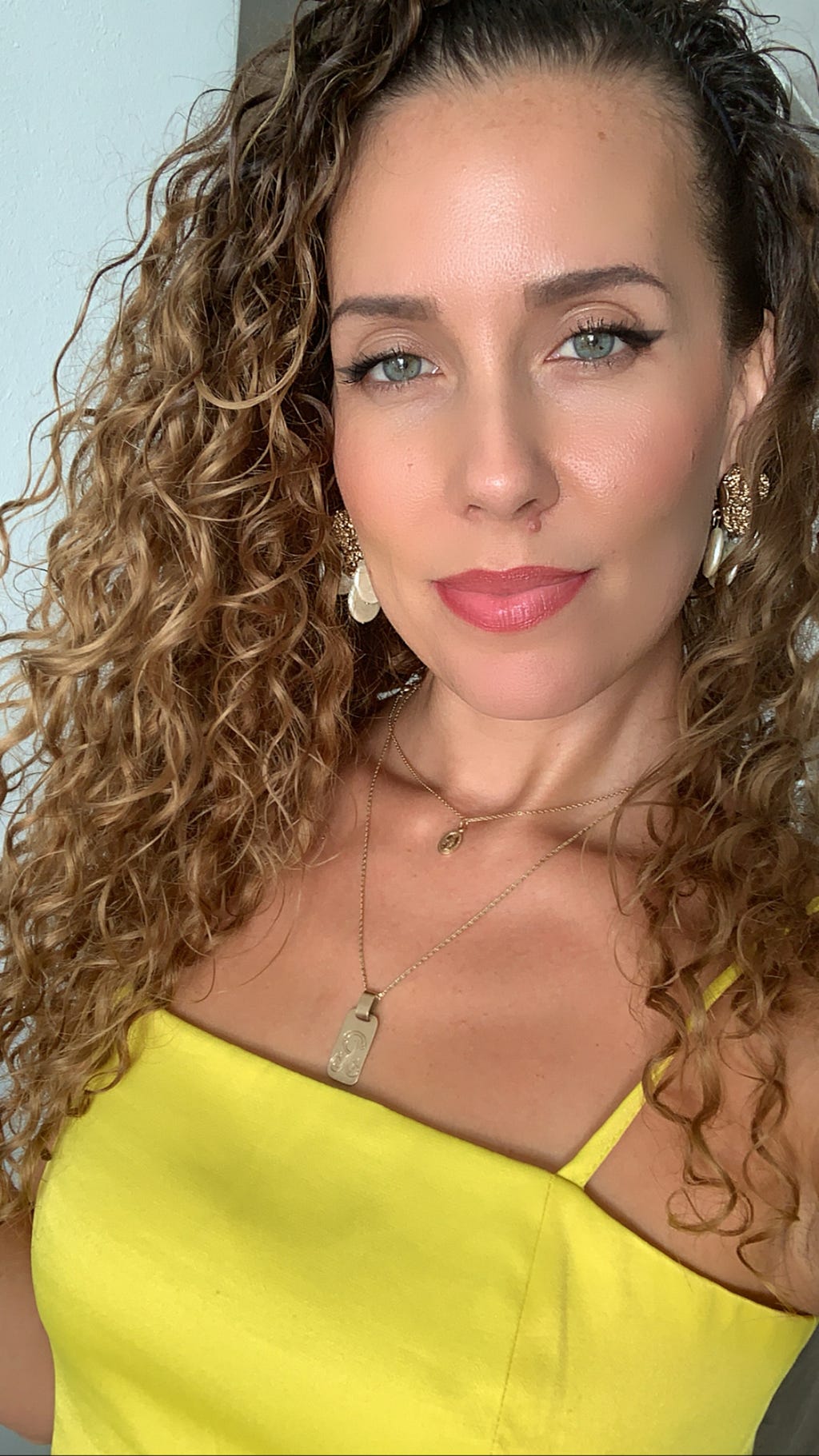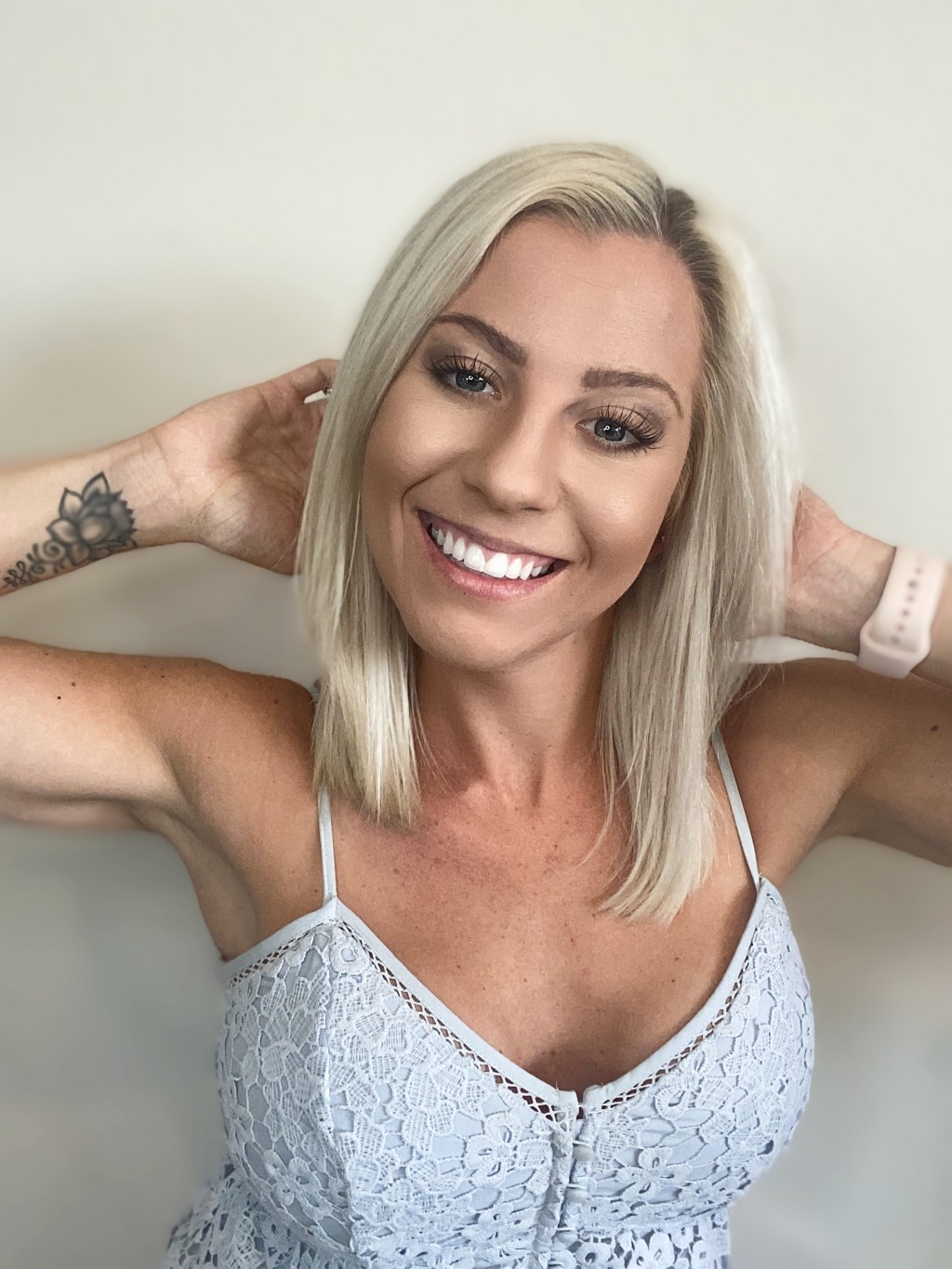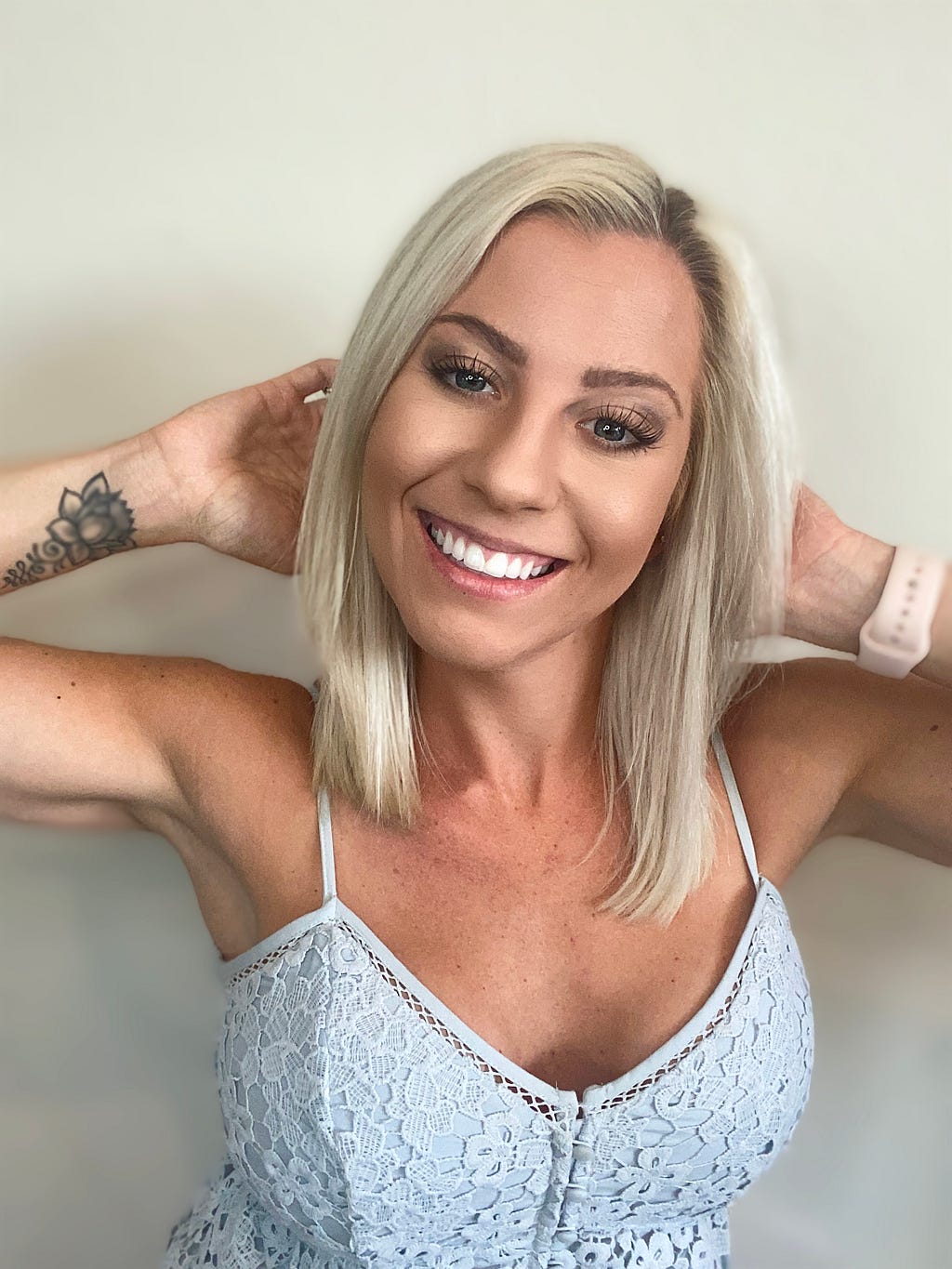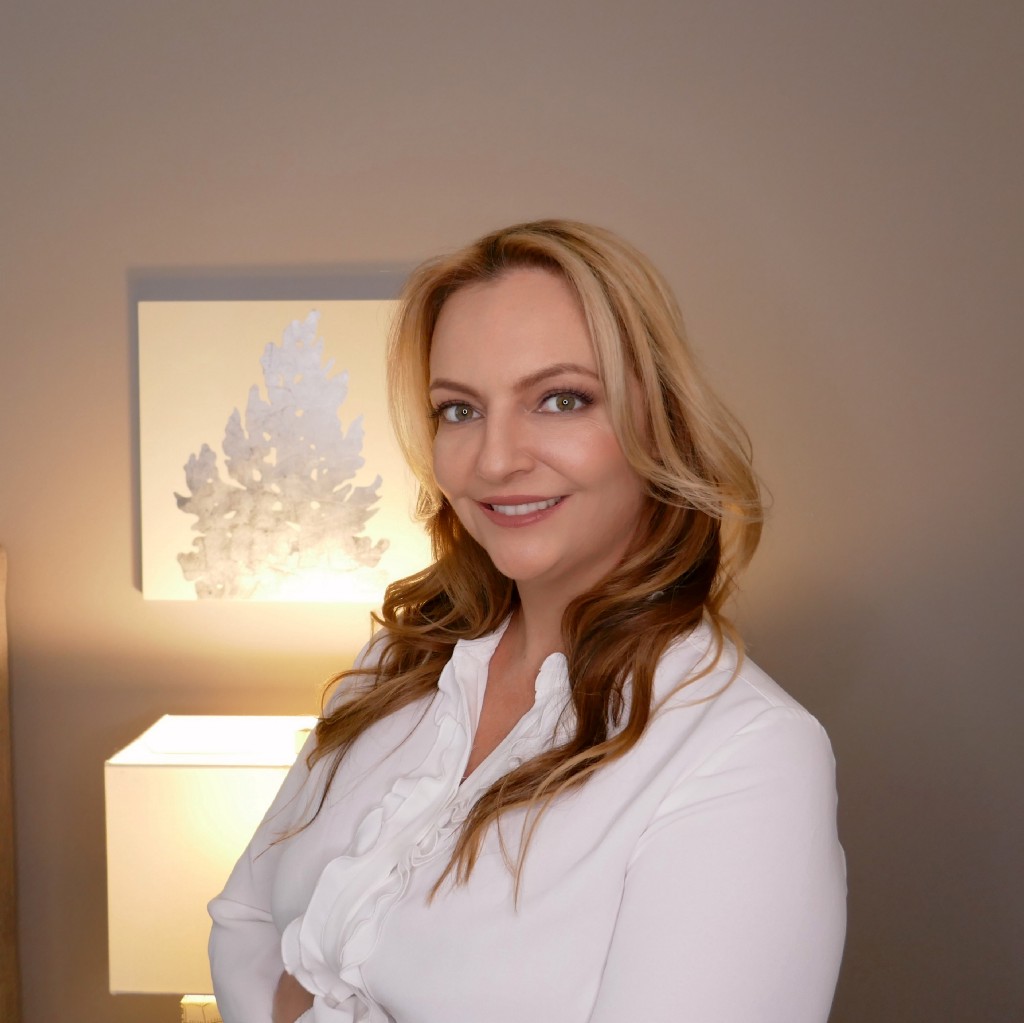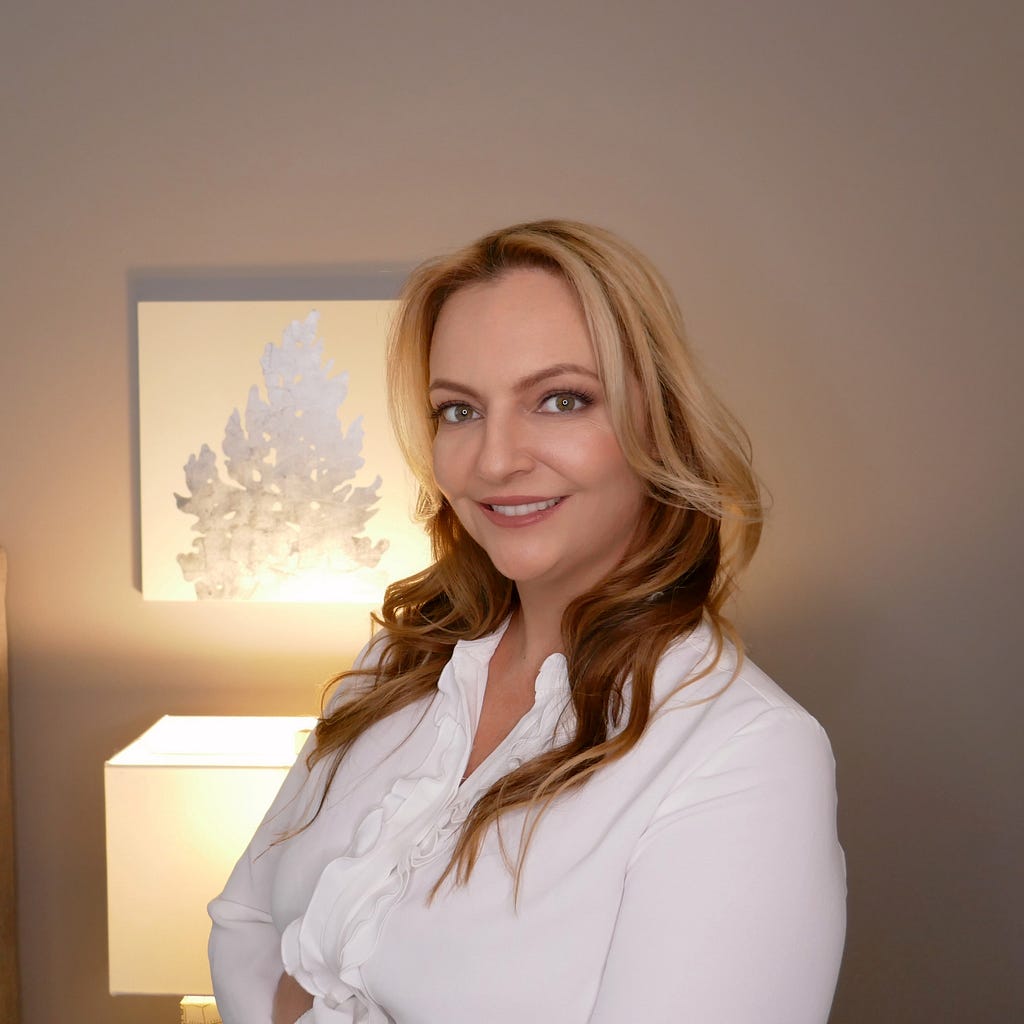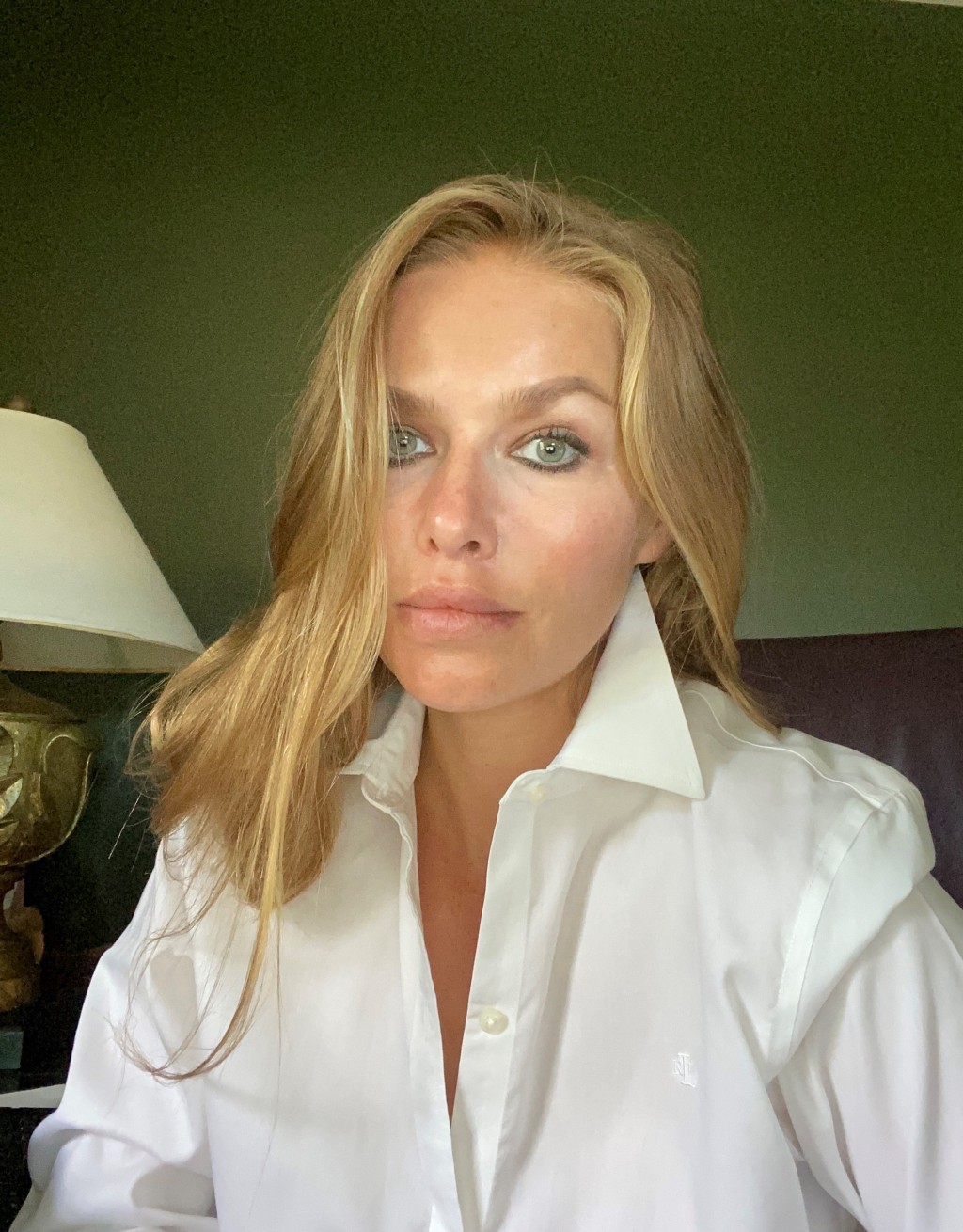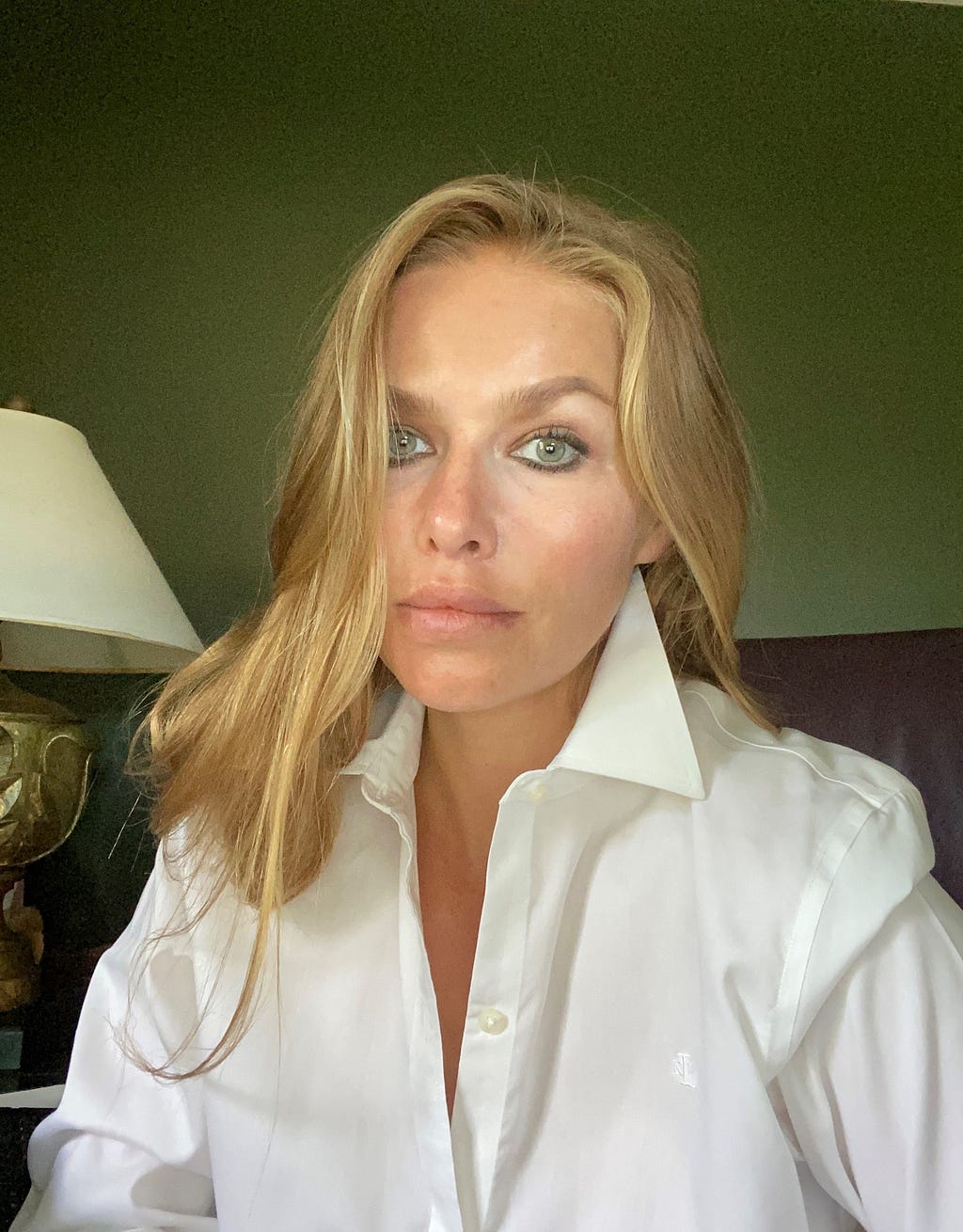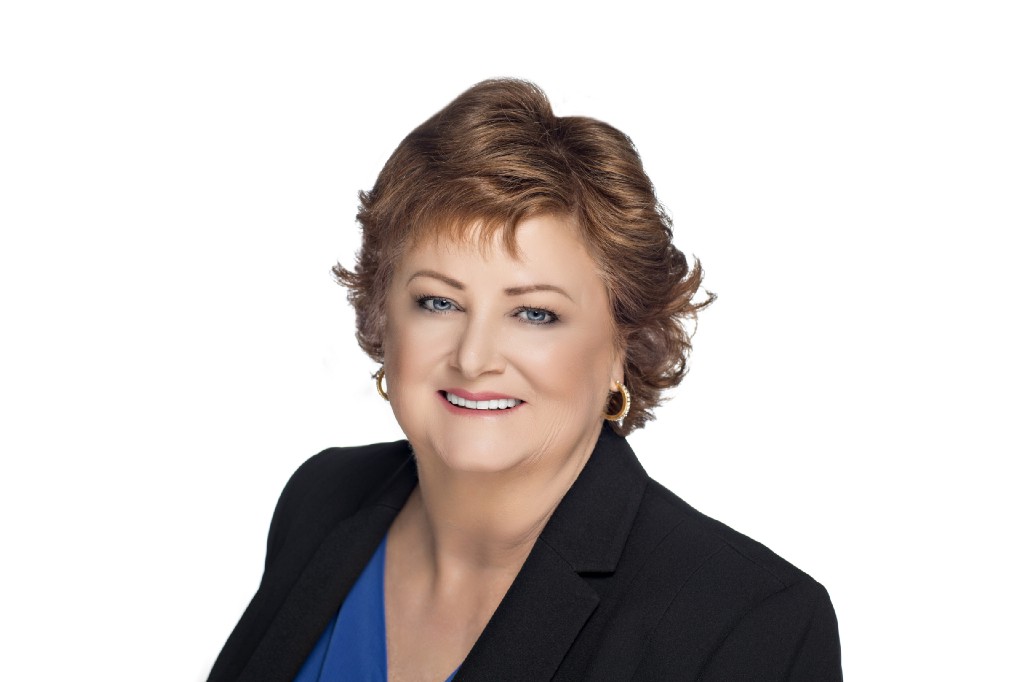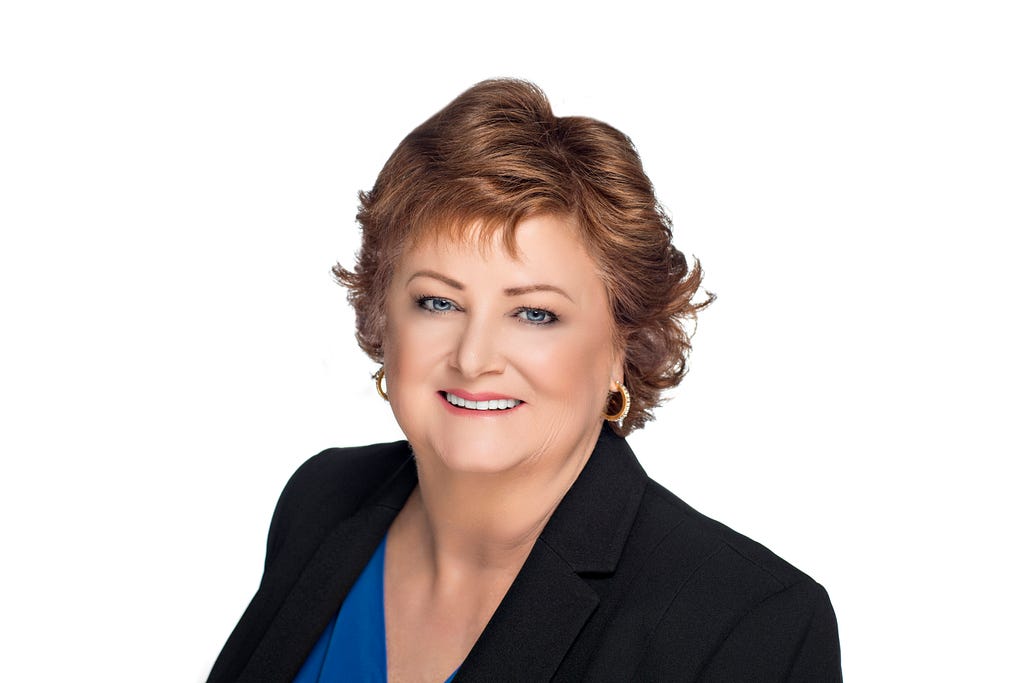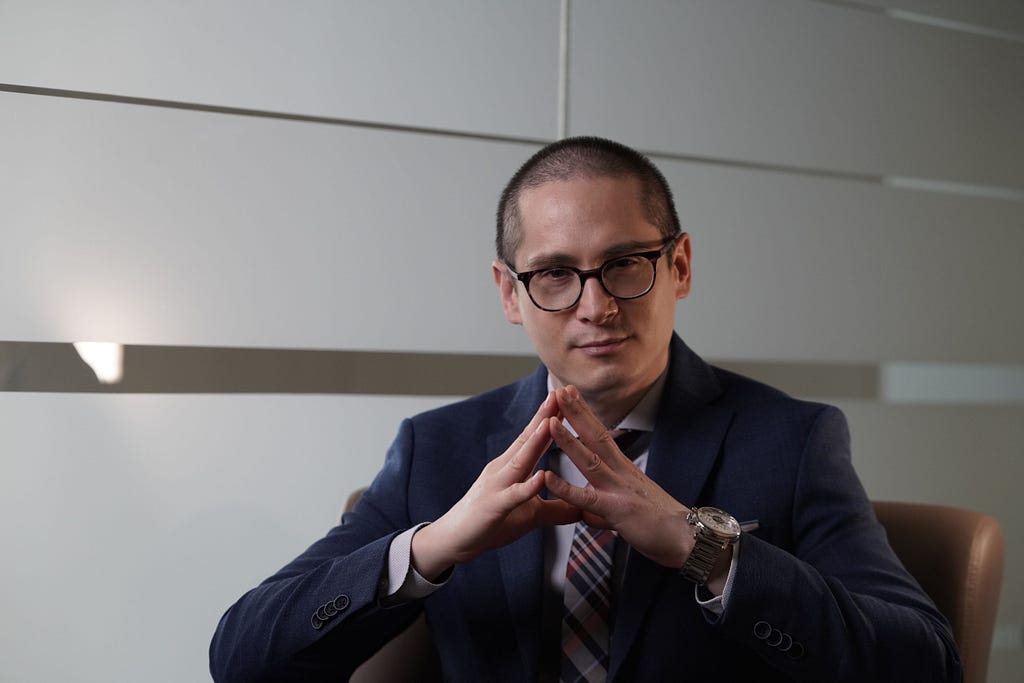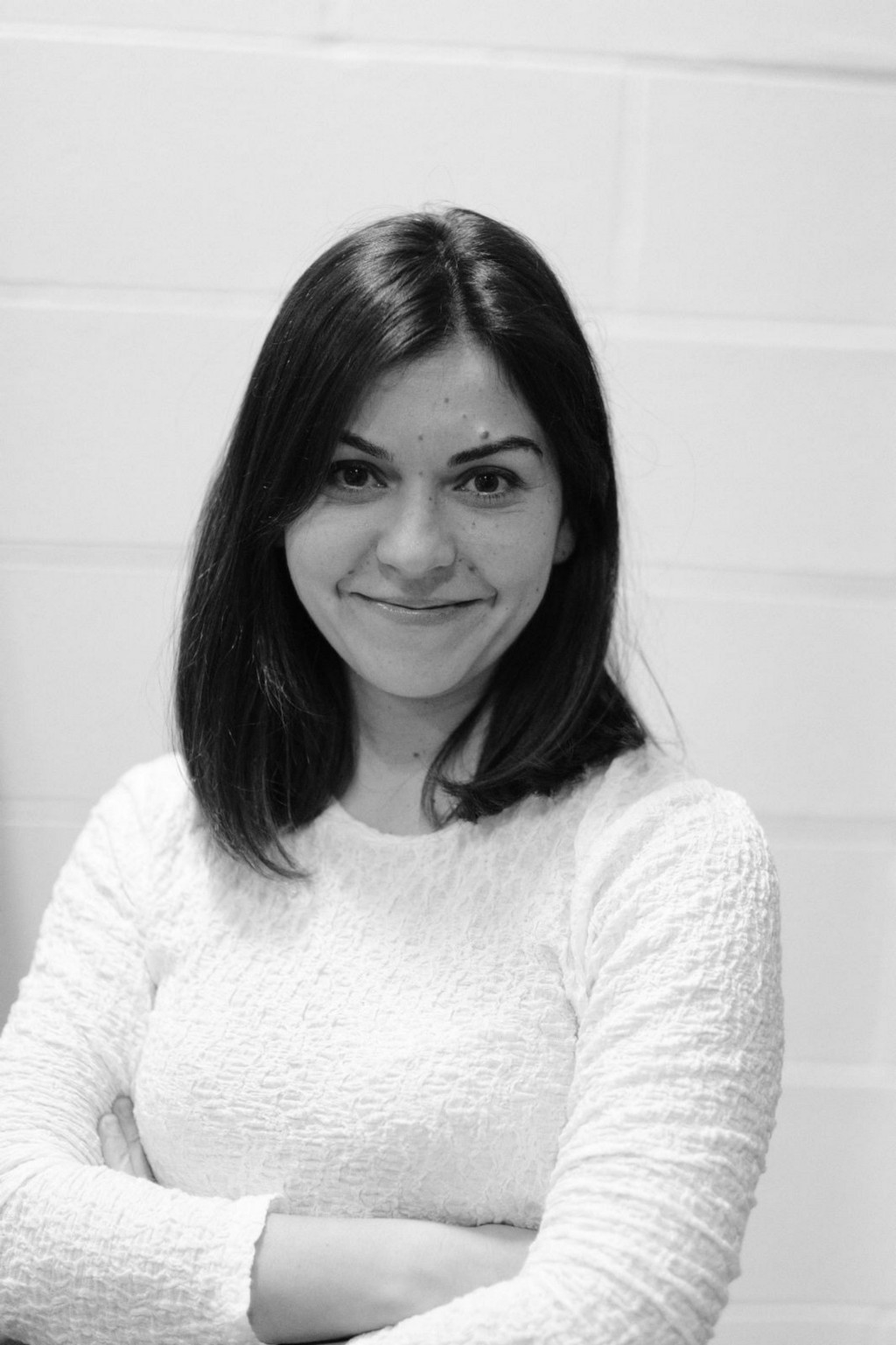Female Founders: Michelle Bove of DesignCase On The Five Things You Need To Thrive and Succeed as a Woman Founder
An Interview With Candice Georgiadis
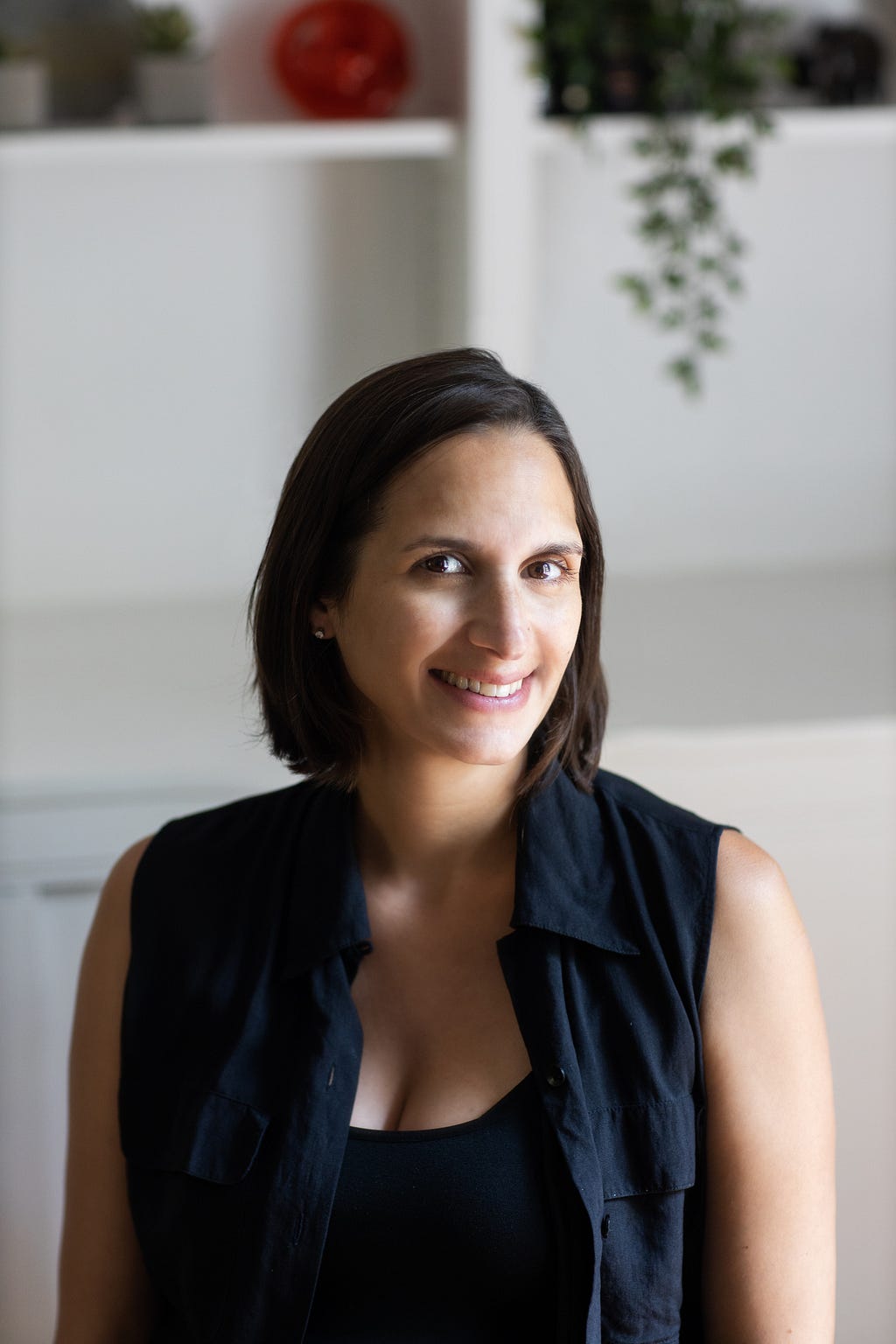
Allow yourself to pivot , expand, retract, etc. — A business is a living organism. The industry atmosphere changes, the office dynamic changes, and so on. Allowing space to be nimble is important. Don’t get stuck in “the way we do things”; make your way flexible with the company’s core values as your foundation.
As a part of our series about “Why We Need More Women Founders”, I had the pleasure of interviewing Michelle Bove.
Michelle built DesignCase with 15 years of experience at her back, scores of awards, and a mission to push clients to think beyond the property line. Her firm works with real estate developers, government organizations, and businesses to identify what and how they will contribute to the communities they are in, with a unique look at the return on investment for both client and community.
Warmth, collaboration, and thoughtful human-centered design are the common threads that connect Michelle’s 100 plus hospitality projects to her work with non-profits and social impact organizations. Her full-service design firm focuses on architecture, interior design, and impact design as both advocate and architect.
Thank you so much for doing this with us! Before we dig in, our readers would like to get to know you a bit more. Can you tell us a bit about your “backstory”? What led you to this particular career path?
As the child of a craftsman, carpenter, and builder, I saw things being created around me all of the time. I had access to a full woodshop for school projects which I thought was the coolest thing. How many kids got to use a drill press to make their third grade mobile project perfectly crafted? I can’t remember a time where I thought I would be anything other than an architect or engineer.
Can you share the most interesting story that happened to you since you began leading your company?
Meeting incredible people. Our clients are other founders (many being women), nonprofit change makers, and fearless dreamers. People are fascinating and hearing their stories about how they ended up where they are can be inspiring and idea generating.
Can you share a story about the funniest mistake you made when you were first starting? Can you tell us what lesson you learned from that?
One funny thing, like a dark comedy… I didn’t trust my gut on a particular client. I interviewed for a project, but knew that this client had worked with several other designers in the past. I asked all the right questions. Why are you looking for someone new? What failed with those relationships? In the end I was not satisfied with the answers, but took the project anyway. The way this project blew up with a comedy of errors. It was the perfect lesson and reminder to always trust my gut, even when the money looks good and/or is needed. It isn’t worth the stress.
None of us are able to achieve success without some help along the way. Is there a particular person who you are grateful towards who helped get you to where you are? Can you share a story about that?
I truly cannot identify one single person, but can think of many. My network was really helpful; willing to listen, help, and support. From contractors to fellow designers and former professors, they all gave me valuable advice and still do. Everyday brings new challenges, having these folks in my corner gives me the strength to succeed.
Ok, thank you for that. Let’s now jump to the primary focus of our interview. According to this EY report, only about 20 percent of funded companies have women founders. This reflects great historical progress, but it also shows that more work still has to be done to empower women to create companies. In your opinion and experience what is currently holding back women from founding companies?
Certainly if a woman wants a family, the worry about progressing your career and family at the same time can be a huge challenge. Women have to think ahead about timing, biologically and the business’ trajectory. To be honest, when I started my company I was single and at the time wasn’t sure family was something I would have the opportunity to have. Since I started DesignCase, I found my partner for life and am currently pregnant with my second child. Navigating maternity leave and a growing business isn’t easy, but having a supportive partner is paramount to my success. We have found a balance that allows us both to follow our desired career paths, with minimal outside (non-family) help.
Can you help articulate a few things that can be done as individuals, as a society, or by the government, to help overcome those obstacles?
The government can project direct help with child care in the form of monthly payments. So often families have to decide whether or not it is worth the money for both parents to work. And if it is not, typically the parent with the fuller pay check opts to keep their job and often leaves many women at home. As individuals, women, we can do better allowing ourselves to want multiple things and articulating those desires to our partners. But again, that doesn’t make it easy.
This might be intuitive to you as a woman founder but I think it will be helpful to spell this out. Can you share a few reasons why more women should become founders?
I love working with other women for one important distinction, the ability women have to be empathetic, strong, and organized. Women often have a greater ability to see an employee or client as a whole person and not just for what they are here to do. There are various dynamics to people and fully understanding your staff and your clients can only help create a greater more successful team.
What are the “myths” that you would like to dispel about being a founder? Can you explain what you mean?
- It does not mean you will be a millionaire in 5 years or less. More likely not. While some of us may find that lighting in a bottle, for others it will often take years of blood, sweat, and tears to get to a financial place that is more than just comfortable.
- Being a founder equals total freedom. Read: you are the boss. True, but not really. Early in the process you will find that you now have many bosses. Clients, employees, and in some cases even your consultants. Each of these individuals need things from you on timelines in order to do their jobs well. So it is a lot of work, but finding the work/life balance you want early on and sticking to it can truly help.
Is everyone cut out to be a founder? In your opinion, which specific traits increase the likelihood that a person will be a successful founder and what type of person should perhaps seek a “regular job” as an employee? Can you explain what you mean?
As a founder, you won’t just work on your craft or main mission; at least at first. You will learn about business taxes, payroll, invoicing, insurance, etc. If that kind of thing turns you away from wanting to be your own boss, it might not be for you, unless you have the funding to pay others to do all of that underbelly work for you right from the beginning. Additionally, you must be willing to take responsibility for the whole business. If an employee makes a mistake, it is also your mistake and your responsibility to fix it and make sure it never happens again. All quality of business falls back to you as the founder.
Ok super. Here is the main question of our interview. Based on your opinion and experience, what are the “Five Things You Need To Thrive and Succeed as a Woman Founder?” (Please share a story or example for each.)
1 — Do it for your own reasons and no one else.
- Don’t create something to prove to someone else that you are successful. Do it, because you see no other way to meet your goals and desires in your career. If you wake up each day wanting it, you know it is for you!
2 — Set work and/or home boundaries that work for you; not the industry as a whole
- Do you want to work from home? Do it. Do you need an office? Get one. Find the space for you to be efficient in your work. But always remember to build in time for your family, friends and yourself and stick with it. If you start the balance early and stick to it; it will become your normal and prove to your staff that you honor and value life beyond work.
3 — Know your worth and be willing to walk away from a client/ project that doesn’t want to pay you what you are worth.
- You will sometimes hear from clients that don’t want to pay you what you are worth. They will say things like “this is incredible for your portfolio” or “we are going to do so many of these”. Don’t take the bait. If they believe they will be a success, they should want to include experts on their team. Which means paying for an expert, not an intern.
4 — Write or rewrite the rules so they work for you, but don’t shun history and what has proven to work for others.
- When starting, look at the history of your industry to find the successes and failures in how the industry works and then build the rules that will allow you to thrive. Don’t do things differently for difference sake, but because it will bring value to your company.
5 — Allow yourself to pivot , expand, retract, etc.
- A business is a living organism. The industry atmosphere changes, the office dynamic changes, and so on. Allowing space to be nimble is important. Don’t get stuck in “the way we do things”; make your way flexible with the company’s core values as your foundation.
How have you used your success to make the world a better place?
The mission of creating DesignCase was to Think Beyond the Property Line. To me that meant taking on clients that have a mission beyond their four walls and knowing that they impact their direct communities. It has also meant that we take on Pro Bono projects every year to help nonprofit and artist based organizations thrive and excel. And lastly, sharing our profits with non profit organizations in our community.
You are a person of great influence. If you could inspire a movement that would bring the most amount of good for the greatest number of people, what would that be? You never know what your idea can trigger.
I want businesses to realize they don’t need to wait until they are massively profitable to help others. Whether it is in-kind donations, monetary donations or even pro bono services. It’s incredibly important to help each other in this rapidly changing world; kindness, empathy and respect should be the cornerstone of every business.
We are very blessed that some very prominent names in Business, VC funding, Sports, and Entertainment read this column. Is there a person in the world, or in the US with whom you would love to have a private breakfast or lunch with, and why? He or she might just see this if we tag them.
Resse Witherspoon. Her mission to build Hello Sunshine to generate content by and for women has been a huge success. More importantly, she did it for her reasons; seeing the gap in the industry and waking up realizing she had the power to make that change she wanted to see.
Thank you for these fantastic insights. We greatly appreciate the time you spent on this.
Female Founders: Michelle Bove of DesignCase On The Five Things You Need To Thrive and Succeed as a… was originally published in Authority Magazine on Medium, where people are continuing the conversation by highlighting and responding to this story.


